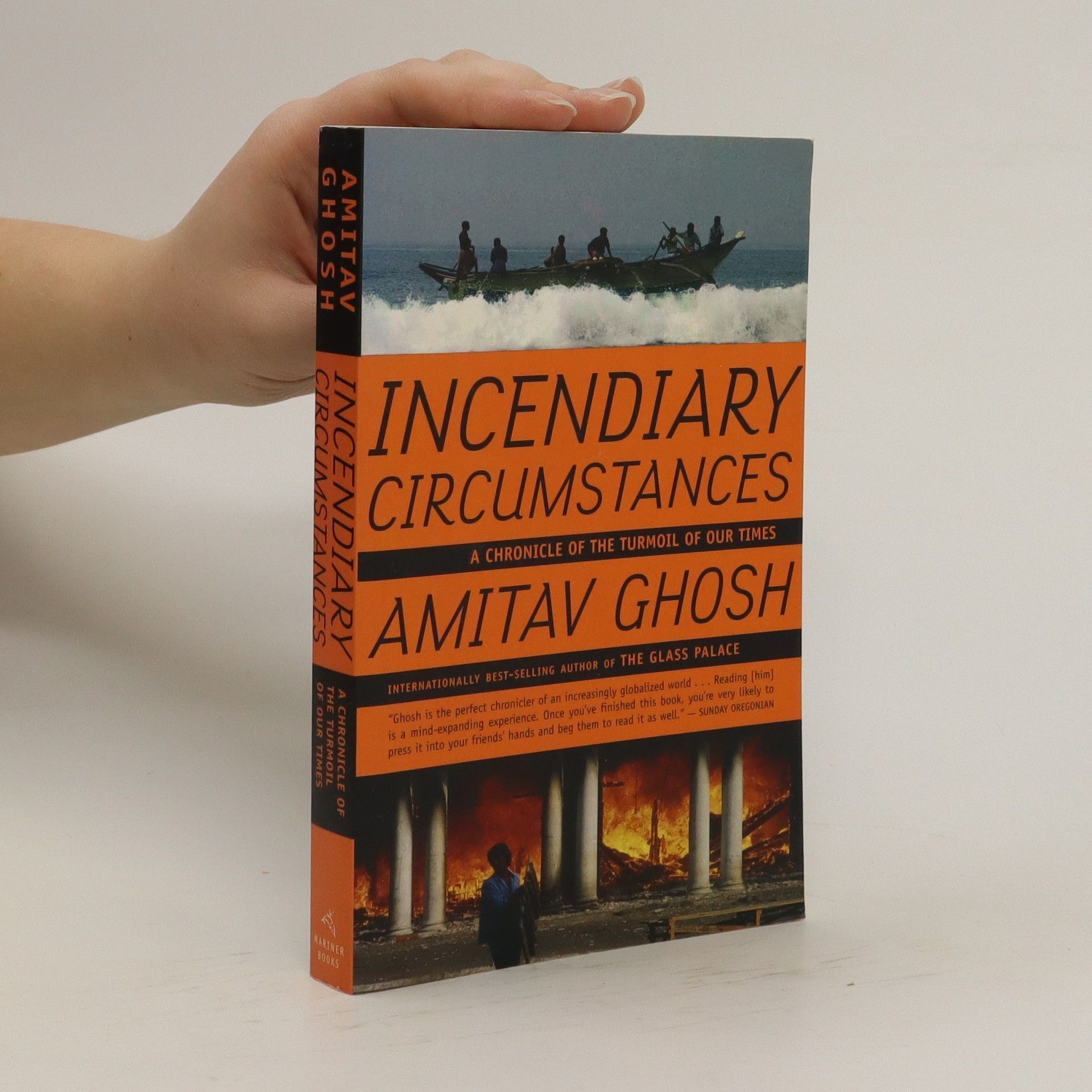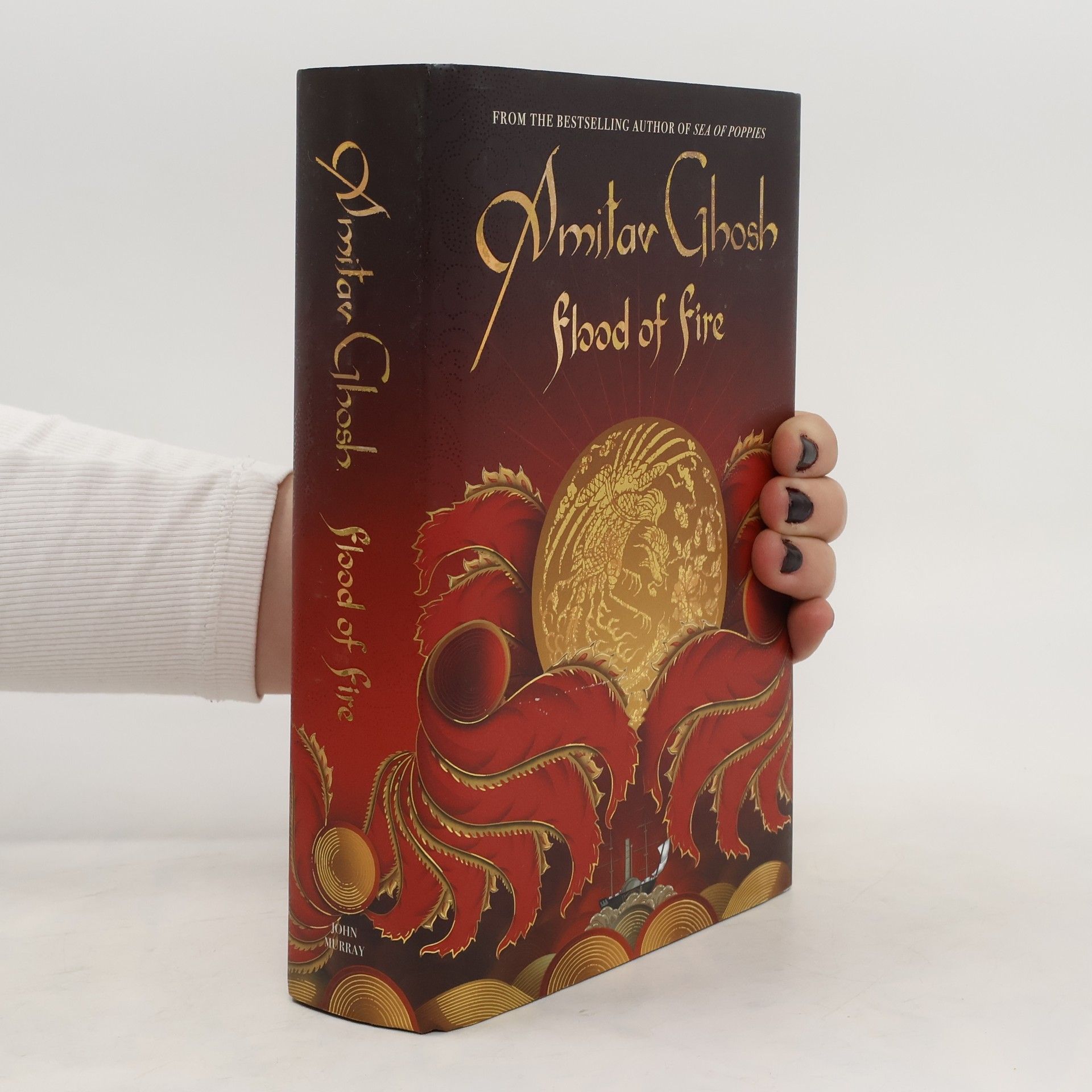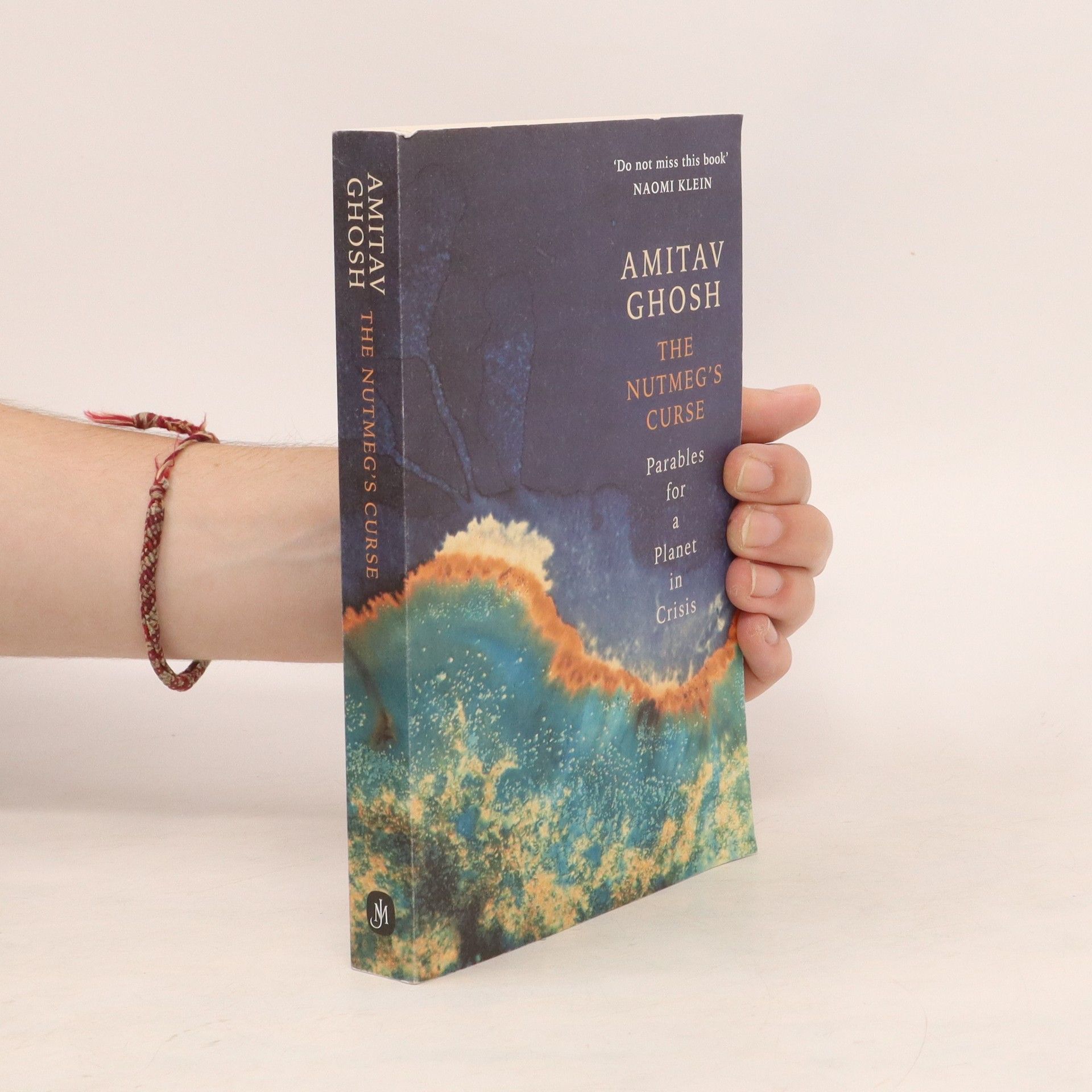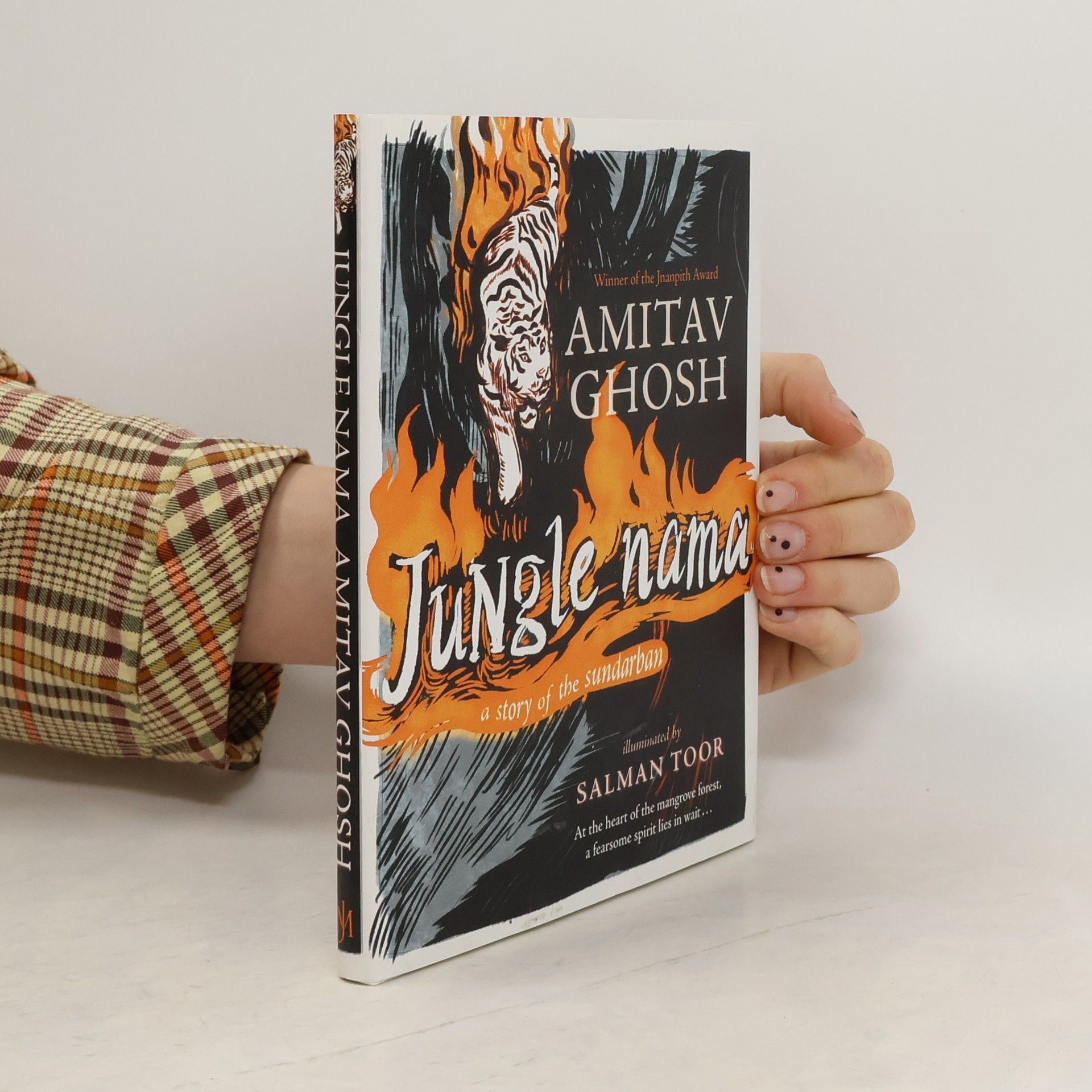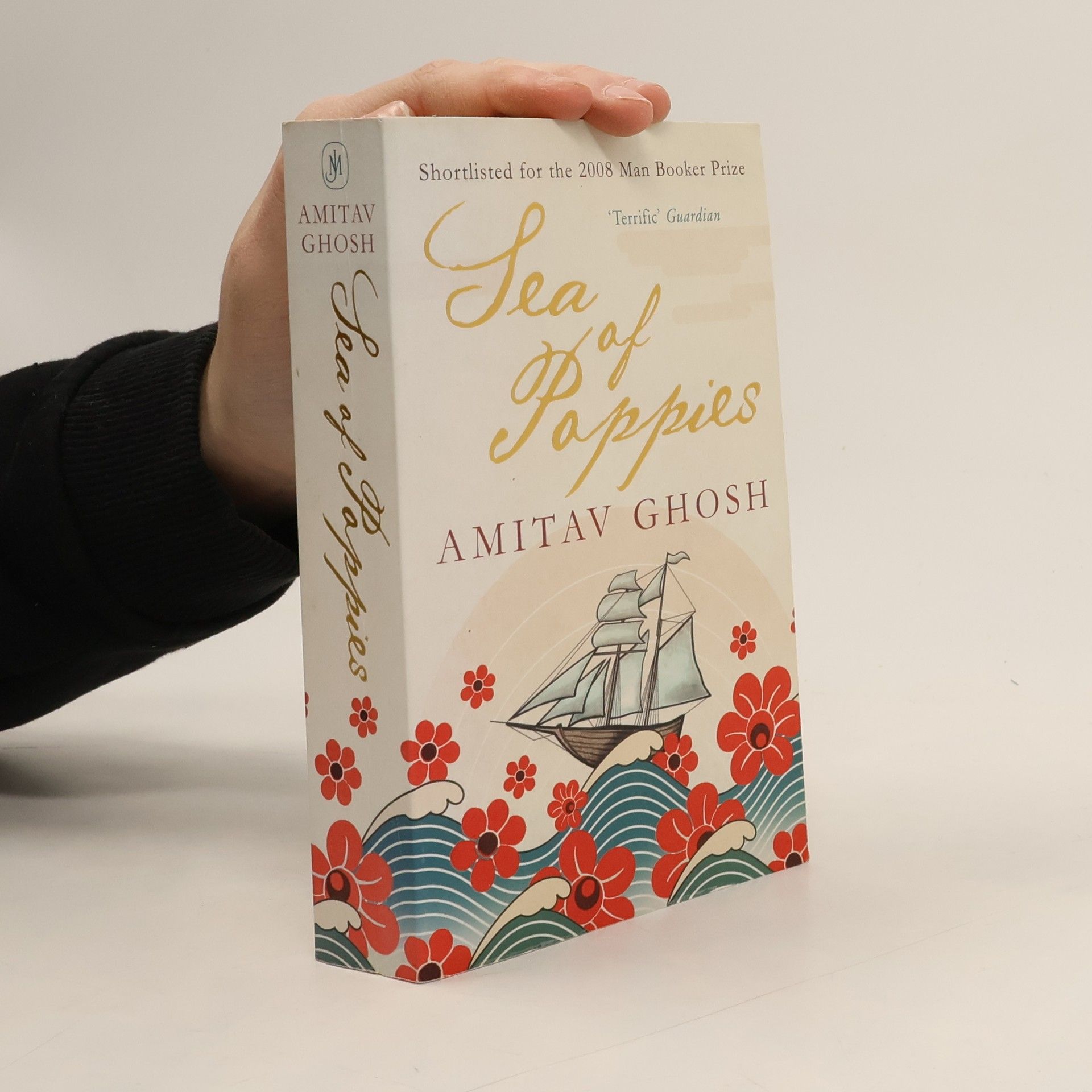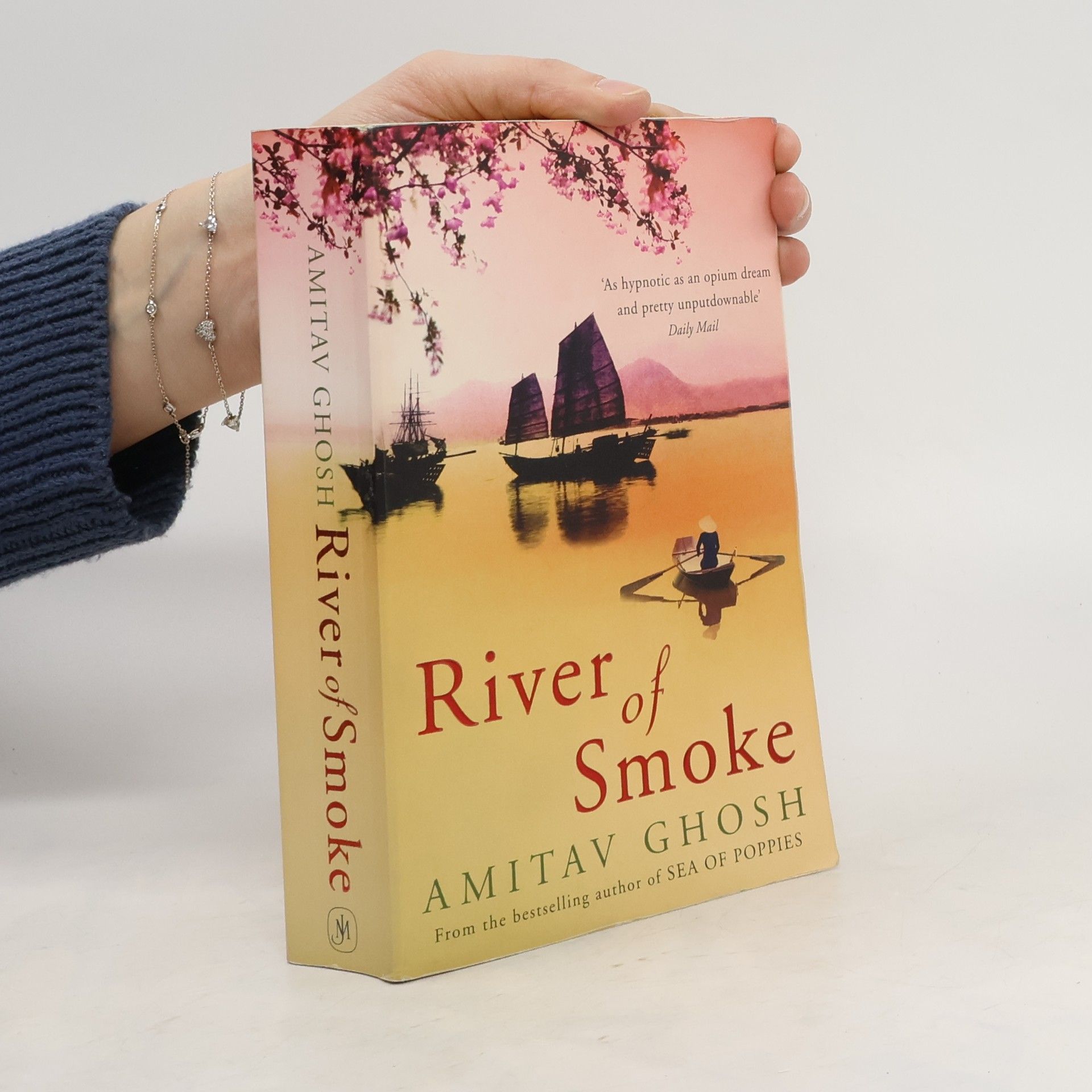Le pays des marées
- 473pages
- 17 heures de lecture
Au nord-est de l'Inde, à l'embouchure du Gange et du Brahmapoutre, s'étend une vaste région parsemée d'îlots, hostile et déshéritée. On l'appelle les Sundarbans, le pays des marées. C'est là, entre terre et mer, que vont se rencontrer un citadin éduqué, un modeste pêcheur et une étudiante américaine fille d'émigrés. Trois destins étrangement liés, trois visages de l'Inde, trois regards croisés sur son histoire et son patrimoine. Figure majeure de la littérature indienne contemporaine, Amit Ghosh esquisse le portrait d'un pays en pleine mutation, loin des clichés des grandes sagas bollywoodiennes mais avec un sens subtil du romanesque.

